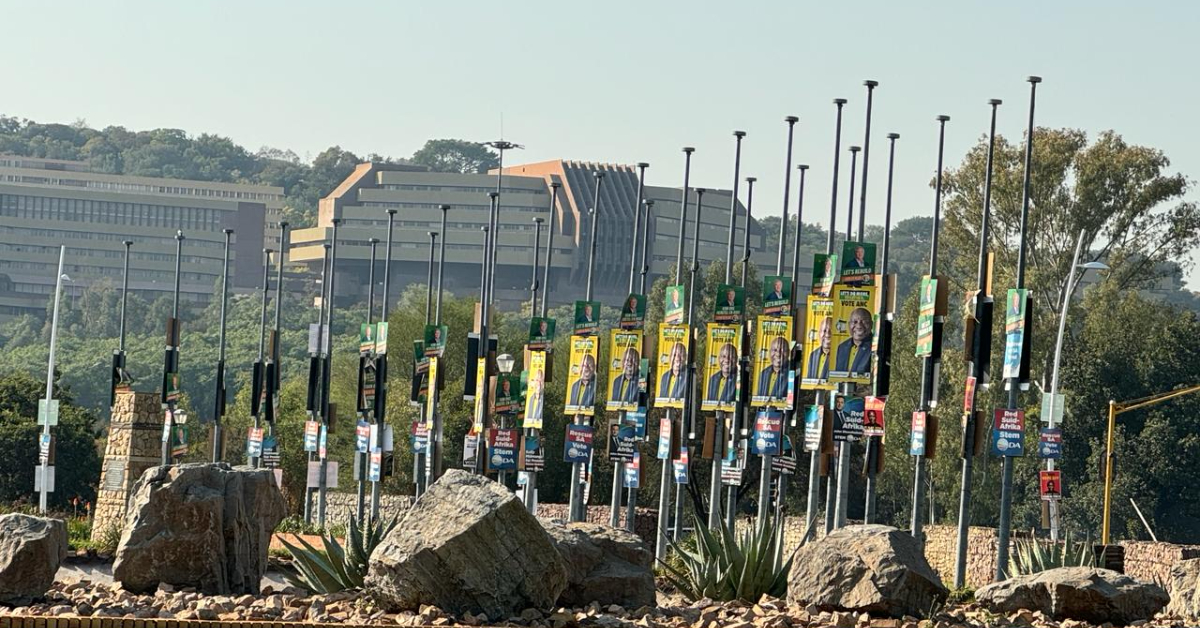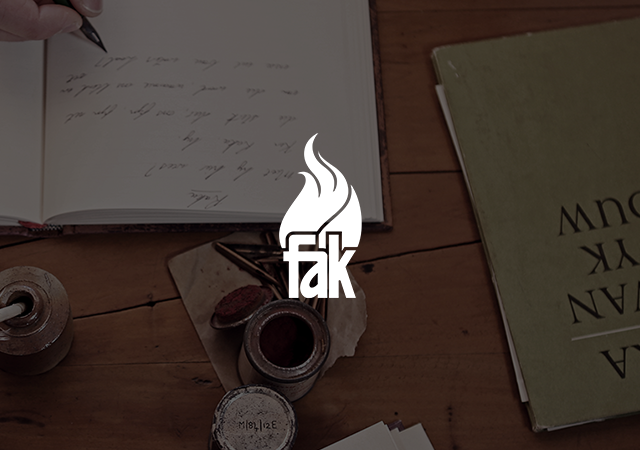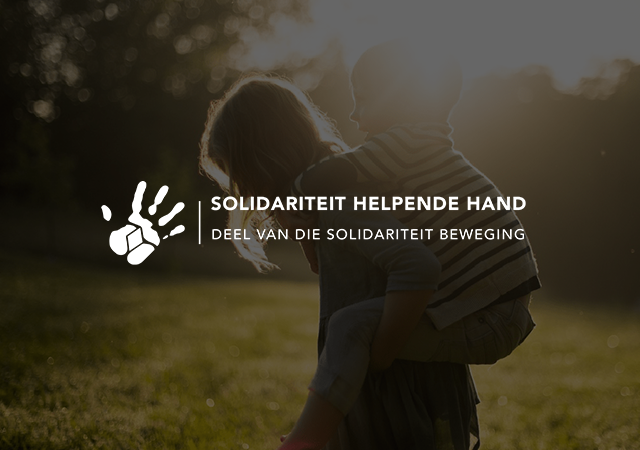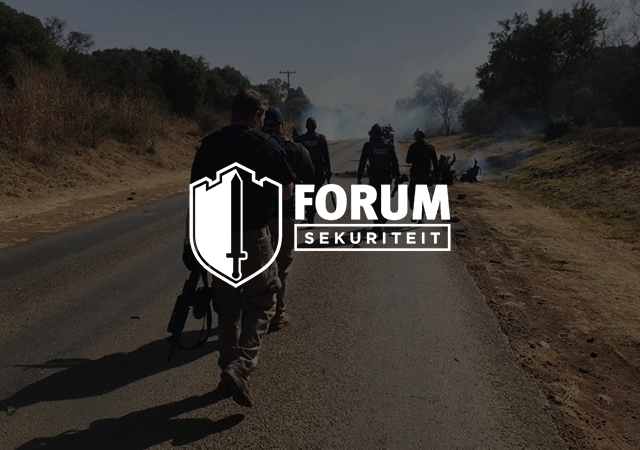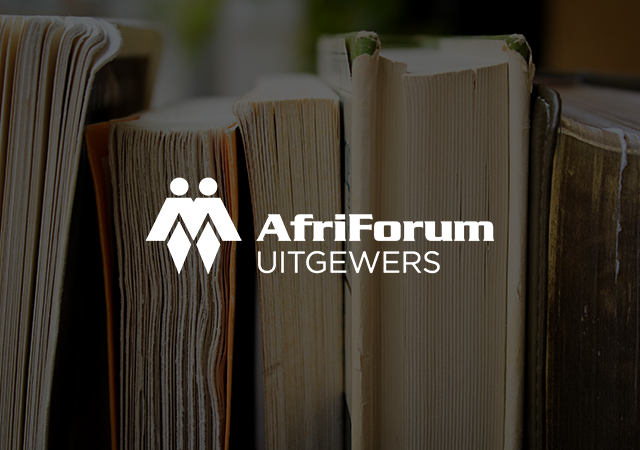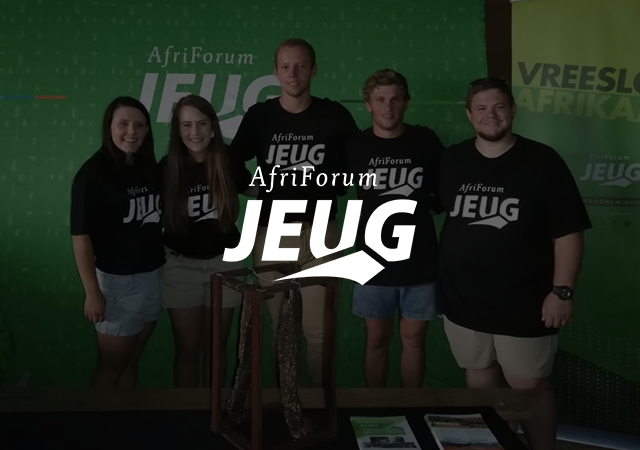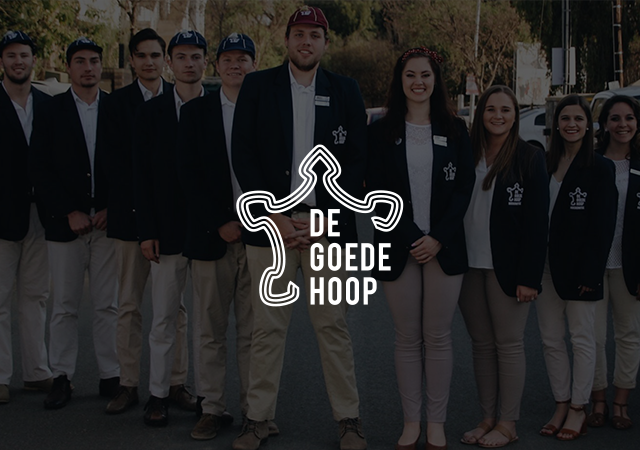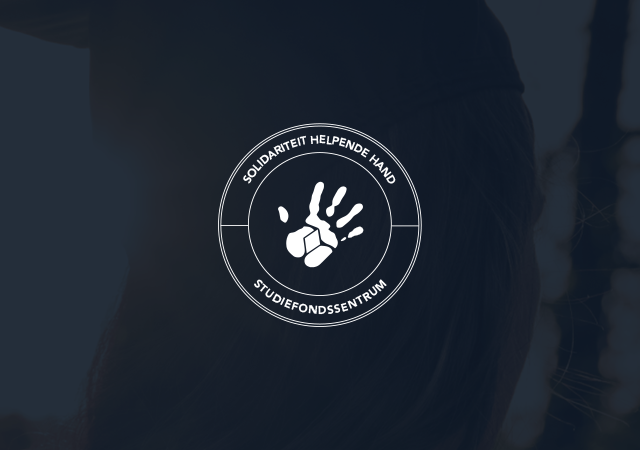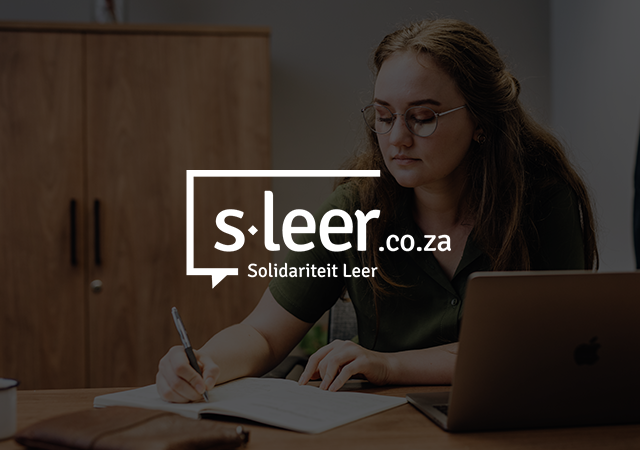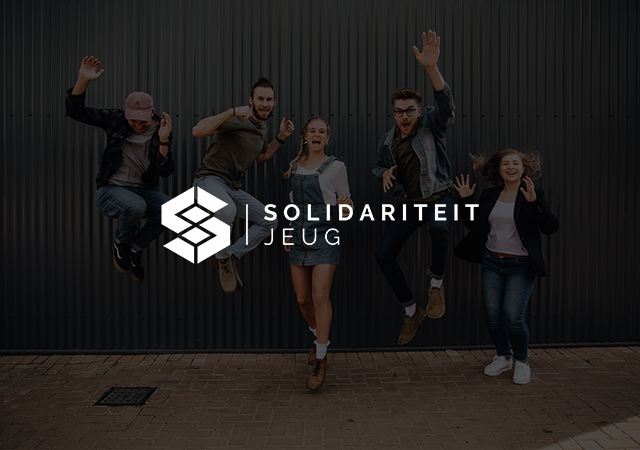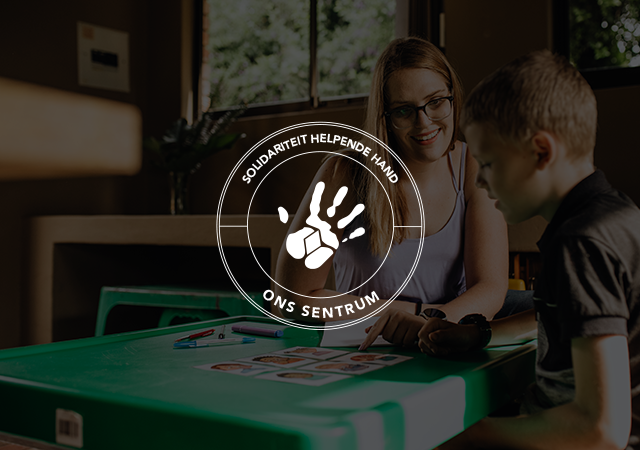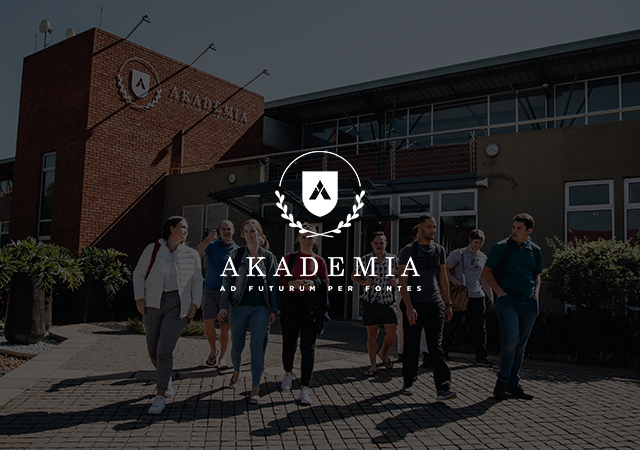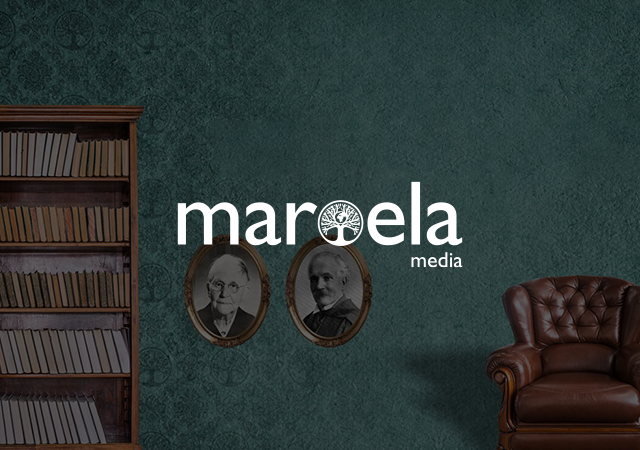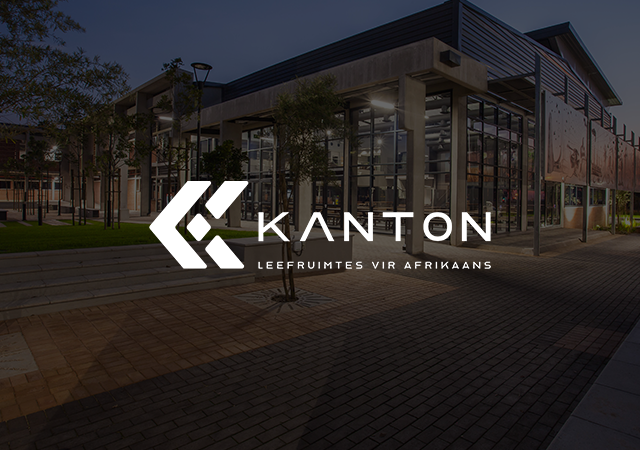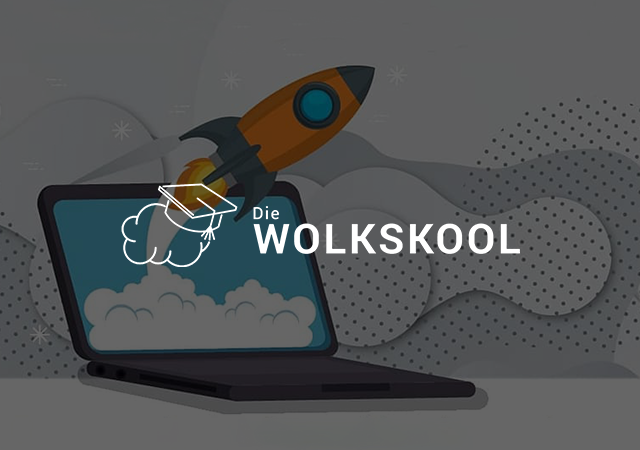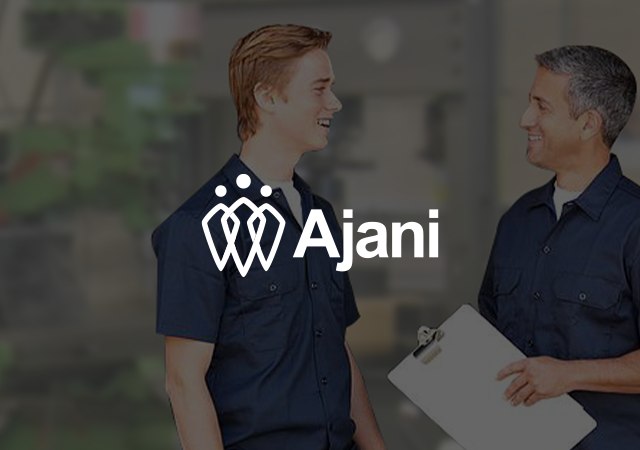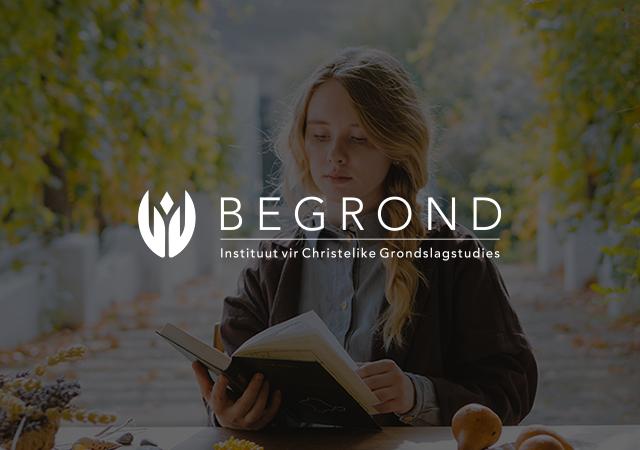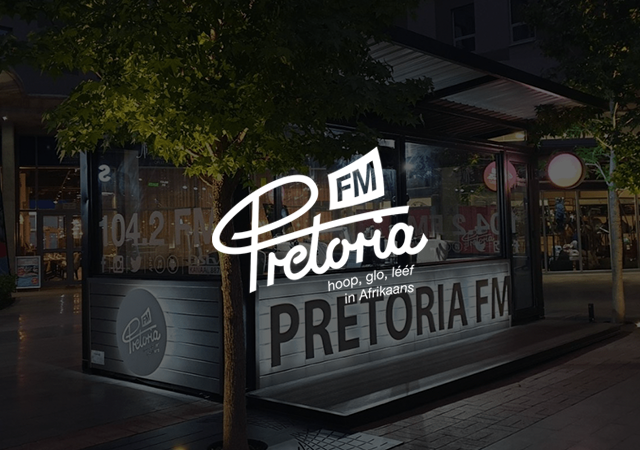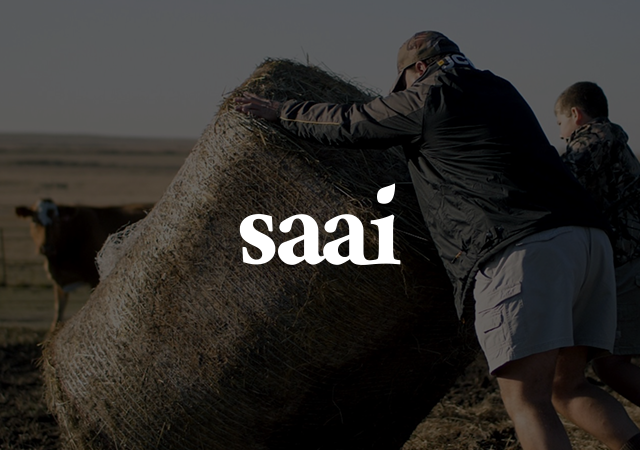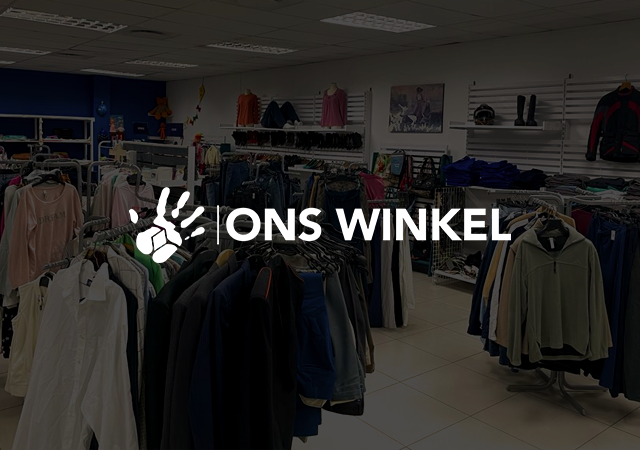|
International Perspective 1: South African election 2024
Dear friends, acquaintances and interested parties abroad
On 29 May, South Africans will be going to the polls in the seventh democratic election. This election is of great importance to South Africa, Africa and the whole world. Below is our summary of why the election is important, what needs to be looked at, what trends we are already observing, and how the world can and should respond to them.
Kind regards
Jaco Kleynhans
Head: International Liaison
Solidarity Movement, South Africa
After 30 years: Uncertainty, fluidity and a political crossroads ahead for SA
Introduction
Thirty years since the dawn of democracy in South Africa, the political future of the country is in the balance. Never since the first election on 27 April 1994 has there been so much uncertainty about how the national government and various provincial governments will be constituted. Although South Africa has become used to coalition politics at municipal level in the past few years, it is still an unknown phenomenon at national and provincial level.
It is clear that support for the ANC, which has won a comfortable majority of seats in the National Assembly in every election since 1994 and consequently has always been able to govern alone at national level, can further decline in this year’s election from the previous low of 57% recorded in 2019. This increases the chances of a coalition government at national level and in two, three or even four provinces.
After 30 years of ANC majority rule, South Africa is at a crossroads. Will traditional ANC voters return to the party during the final days of the campaign and give the party one more chance to try and fix its mistakes? Late last year, polls indicated a low point for the party, but it does seem that the party’s election campaign is paying off with a rise in support observed in April.
Will populist parties to the left of the ANC keep the party on the back foot, as was the case in by-elections from January to March this year? Is violence, especially in KwaZulu-Natal, a real possibility? Will voters’ choice on 29 May be determined by policy proposals or, as has so often been the case in the past, by historical loyalties, ethnicity and political promises?
South Africa is at its biggest crossroads since 1994. In every area – including economic policy, race relations, political stability, democratic institutions such as free and fair elections, the supremacy of the country’s Constitution, the state of the rule of law, the protection of property rights and also the country’s foreign policy – the election on 29 May is likely to be decisive.
Where does South Africa stand in the run-up to the election?
Historical context: The era of Mandela and Mbeki
The past 30 years in South Africa can be divided into two parts. In the first 15 years with Nelson Mandela and then Thabo Mbeki at the helm, mostly strong economic growth, international goodwill and sound monetary and fiscal policies prevailed. Favourable international economic conditions and the huge inflow of foreign investments, donor money and contributions from international organisations contributed to the strong economic growth, which of course also led to a healthy growth in government revenues.
During this period, millions of South Africans gained access to basic services such as electricity and running water, while the introduction of a broad social security net through extensive social grants lifted millions of South Africans out of abject poverty. Furthermore, urbanisation increased rapidly, putting tremendous pressure on infrastructure and services in urban areas, especially Gauteng (Johannesburg and Pretoria), Durban and Cape Town.
However, the first phases of cadre deployment, with incompetent persons with political connections being appointed everywhere in local, provincial and national government departments, exposed cracks in government service delivery and the maintenance of infrastructure as early as the 1990s. Affirmative action and black economic empowerment were introduced and this led to the rise of a small group of super-rich black elites, which increased the risk of corruption.
Service delivery was extended to millions of South Africans, but no provision was made for future capacity. No significant new dams, power stations, water treatment plants and public transport schemes were developed during the 1990s and early 2000s. The emphasis shifted strongly to outputs instead of inputs.
The handling of the growing crime crisis, the HIV/AIDS pandemic and government corruption raised suspicions even under both Mandela and Mbeki. South Africa’s relationships with Cuba, Iran and other dubious countries raised eyebrows, but international goodwill prevailed. South Africa became the preferred economic destination in Africa by far.
The Zuma era
However, during the Zuma era (2009 – 2018), one political bomb after another exploded. Crime got out of hand, a balanced budget practically overnight deteriorated into enormous budget deficits and growing public debt, foreign investments began to dry up and corruption took on crisis proportions, which eventually led to so-called state capture by a small group of Zuma loyalists.
As economic growth and job creation were replaced by stagnation, job losses and growing poverty, populism began to rear its head increasingly in plans to expropriate land, nationalise medical services, enact even stricter affirmative action and of course increasingly blaming minorities and the West for South Africa’s problems.
Large-scale immigration from the rest of Africa, but also from the Middle East and the Far East, started causing xenophobia in poor neighborhoods and gave rise to a tremendous increase in the struggle for access to services between the poorest of the poor.
The Ramaphosa era
Towards the end of the Zuma presidency, it was clear that South Africa would degenerate into a failing state if an alternative route could not be found. The ANC’s answer to this was the capable, intelligent, experienced and respected ANC veteran and more recently businessman, Cyril Ramaphosa, who was also deputy president from 2012 to 2017. Ramaphosa was ready to put South Africa back on a more sustainable track.
However, he underestimated the deep division within the ANC. Along with this, corruption became part of the party’s DNA, and it soon became clear that it was virtually impossible to change the corrupt culture of the civil service. Ramaphosa’s half-hearted efforts to improve South Africa’s standing and restore the country’s economy were undermined by his own low levels of energy, his weak leadership, his inability to make and implement difficult decisions and his constant succumbing to the demands of radical factions in his party.
Ramaphosa also began to allow populist policies to be implemented in an attempt to calm unrest among the most loyal ANC supporters. This brought us to the 2024 election, one where the ANC of Mandela and Mbeki no longer exists and the ANC of Zuma has been discredited. What does Ramaphosa’s ANC have to offer? Probably nothing more than a half-baked attempt to keep political factions together and try to convince voters with populism and empty promises to give the ANC a governing mandate just one more time, an eighth time.
Along with the devastating effects that corruption and state capture have had on infrastructure and services such as electricity, roads, railways, ports, water supply, housing projects and education, the major political blunders of the last 15 years have also caused great harm to South Africa’s race relations through populism such as renewed discrimination against minorities. Ethnic fault lines have increasingly been exposed, giving rise to renewed political assassinations and ethnic factions within the ANC.
Almost a full decade of no economic growth, a rapidly weakening currency, decaying infrastructure and stricter racial discrimination in the workplace – in the awarding of government contracts and in the regulation of, among other things, land ownership, education, access to post-school training and every conceivable economic activity – have led to an increase in the outflow of capital and emigration by highly skilled more affluent and upper middle class South Africans.
For the past five years, Ramaphosa has offered no answer to this. Driven by desperation, the ANC under his leadership has become a party that at least tries harder not to be corrupt, but the populism of the Zuma era has been accelerated as never before with the first steps to allow expropriation of land without compensation, to nationalise all medical services (South Africa is among the best in the world as far as private medical care is concerned) and to gain complete central control over all schools and education.
The one exception to the rule is currently the Western Cape and especially Cape Town. This province and city are governed by the opposition and, by all fair international standards, are governed better than any province or city where the ANC is in control.
In an environment where the ANC wants to control everything centrally, is opposed to decentralisation and is doing everything possible to undermine the opposition, this year’s election also holds a test for places like the Western Cape to continue functioning as an alternative model for South Africa.
South Africa in 2024
South Africa remains a country of enormous potential, but in 2024 South Africa is also a country with significant risks. The reasons for this are to be found squarely in the ANC’s desperate efforts to retain power, but also in hard data such as the following 15 points:
- Unemployment (official definition): 32,1% (2006: 19,4%)
- Unemployment (expanded definition, which includes disillusioned job seekers): 43%
- Murders in 2023: 27 368
- Rapes in 2023: 43 037
- Public debt: 74% of Gross Domestic Product
- Percentage of roads in poor to very poor condition: 66% – 68%
- Load shedding in 2023: 6 947 hours
- Corruption: 41 points out of 100 (2023 Corruption Perceptions Index reported by Transparency International. In 1996 it was 57 out of 100.)
- Amount lost by the state owing to state capture during the Zuma presidency: R49,15 billion
- Population: 60,4 million (In 1994 it was 43,2 million.)
- Citizens who receive some form of social grant: 27,78 million (23,5% of all South Africans are completely dependent on government grants, while 50,2% state this as their second most important source of income. Only 59,7% of South Africans live on their own or a family member’s salary.)
- Individual taxpayers in 2023: 7,1 million (In 2022 it was 7,4 million.)
- Rand/dollar exchange rate: R18,43 to a dollar (In 2009 it was R8,44, and R3,63 in 1995.)
- Cumulative outflow of foreign investment: R87,5 billion (2023)
- A million people (almost all of them skilled or highly skilled) have emigrated from South Africa since 2000. South Africa is one of only two countries in the world where the number of ultra-high-net-worth individuals dropped in 2023.
Election 2024
The political parties
Currently, there are 14 political parties in the National Assembly of the South African Parliament. The ANC has 230 of the 400 seats. The moderate-liberal Democratic Alliance is comfortably second with 84 seats. The radical Marxist-Leninist Economic Freedom Fighters are third with 44 seats. The conservative Zulu party, the Inkatha Freedom Party, with 14 seats and the conservative Afrikaner party, the Freedom Front Plus, with 10 seats are the only other parties with 10 or more seats. The rest all have four or fewer seats.
This year, 52 political parties will participate in the election, with a different mix in each province, while independent candidates will also participate for the very first time because the legislation that provides for this was passed recently. However, there is only a very slim possibility for any independent candidate to be elected to Parliament.
The focus in this election is mainly on fewer than ten political parties, which include at least two new entrants:
The ANC
The most important question on everyone’s lips in the run-up to this year’s election is: Exactly how much support is the ANC going to lose? The party has a huge electoral machine, the biggest of all parties, and this should not be underestimated. That the party’s support could drop from 57% in 2019 to less than 40% this year is an exaggeration. The party will probably succeed in finally drawing between 45% and 50% of the votes. This, however, means more coalition governments. Coalition governments in South Africa entail numerous opportunities and risks. It would be good if the ANC’s power could be broken. A coalition with, for example, the radical EFF could be disastrous. For the past number of months, these two parties have been working together in a coalition in the Ekurhuleni Metro, one of the largest urban municipalities in South Africa, and for this area east of Johannesburg it has been disastrous so far.
Will the ANC accept it if it loses control over several provinces and perhaps even the national government? This is an important question. Another important question is whom the ANC will work with in a coalition.
The Democratic Alliance
This year’s election will be the first since John Steenhuisen became leader of the party. The DA’s entire campaign is modelled on its ability to govern and specifically what the party has achieved in the Western Cape and in particular Cape Town.
During the previous election, the DA lost support under a black leader. Serious questions exist about the party’s growth potential with a white leader. Race and ethnicity are part of South African political reality – even in 2024.
According to polls, the DA’s support appears to be stable, but there are indications that the party is losing support among coloured voters in the Western Cape. There is even a possibility that the DA could lose its majority in this province. This will mean that the DA will have to form a coalition with other parties to maintain control of the Western Cape.
The best scenario currently for the DA is to maintain control of the Western Cape and increase its support slightly to 25%. However, even this seems very difficult, despite an excellent election campaign. What is the likelihood of the party entering into coalition negotiations with the ANC to prevent an ANC-EFF government from being formed at national level after the election?
uMkhonto we Sizwe (MK)
The MK party was founded in December 2023. The party mainly represents the Zuma faction that broke away from the ANC and largely consists of Zuma loyalists who have been ousted by the ANC over the past few years, often owing to their corrupt actions. The party also has a strong ethnic bias and focuses mainly on the Zulu population in KwaZulu-Natal and parts of Mpumalanga and Gauteng.
The party has performed very well in by-elections over the past three months, and polls show that the party enjoys substantial support among Zulu voters. It remains to be seen whether the party can sustainably succeed in maintaining its current support levels. However, the party is without a doubt going to shake up the cards for other parties in KwaZulu-Natal. Chances are slim that the ANC will retain a majority in this province, and MK can therefore be an important player in coalition negotiations after the election in what is one of the most important provinces of the country. Although MK nationally will probably not get more than between 5% and 10% of the votes, in KwaZulu-Natal the party can easily receive more than 20% of the votes and become an important player.
The EFF
The Economic Freedom Fighters represent a radical leftist movement in South African politics. The party describes itself as Marxist-Leninist and is also a strong supporter of the ideas of Franz Fanon, who wrote in the 1950s and 1960s about the need for violence in the struggle for decolonisation. Fanon’s hyper-African nationalism and his total aversion to the West and condoning violence against Westerners and Western institutions in Africa are reflected in the EFF.
The EFF advocates the nationalisation of numerous industries and companies, and it also wants to nationalise all land and redistribute it among black people. The party’s leader, Julius Malema, is known worldwide for his singing of the song ” Kill the Boer, Kill the Farmer”, and the party’s radical anti-white rhetoric often leads to fears of more violence in South Africa.
Violence is not the only risk that the EFF brings to the table. The party’s economic policy could be catastrophic for South Africa and could lead to an economic implosion.
Although the EFF initially showed growth during the election campaign, it seems that the party’s growth potential has been subdued. After the EFF won 10% of the vote in 2019, the best scenario for the party currently is a result of between 10% and 15% of the vote.
Inkatha Freedom Party
In recent years, the IFP has shown renewed growth in KwaZulu-Natal and especially in rural areas. This is linked to the ANC’s loss of support among Zulu voters, but also to the IFP’s good track record in many municipalities where the party governs.
The IFP currently has good leadership and is running a strong campaign. The party has potential to show slight growth, but this will be limited to areas with a substantial Zulu population. However, the IFP can play an important role in coalition negotiations after the election.
Freedom Front Plus
The FF Plus is historically a conservative party that mainly represents Afrikaner interests. Recently, the party’s focus has broadened to include other minorities and the party showed strong growth in 2019, with its parliamentary seats growing from 4 to 10.
The FF Plus manifesto focuses strongly on a more decentralised South African order and the rights of communities. The party’s growth potential is limited. Should the DA in the Western Cape receive less than 50% support, the FF Plus, as in many municipalities, will be an important coalition partner.
Patriotic Alliance
The populist PA has recently shown sharp growth in support among the coloured minority, especially in the Western Cape. The party is eating into the support of the DA and has taken many municipal seats away from the DA.
The party’s message is a rightist conservative coloured populism which proposes, among other things, the reintroduction of military service, Christian teaching in schools and the reintroduction of the death penalty.
The party speaks to the heart of many coloured communities who feel left behind. The PA can become an important player in the Western Cape and the Northern Cape in particular. The party’s support should also be noted in Gauteng, especially because chances are good that Gauteng will be governed by a coalition after the election.
Other
Several other parties will also succeed in winning one or two seats in Parliament on 29 May. The biggest new entrant is certainly Action SA, to a large extent a spin-off from the DA and a party that initially harbored high hopes, but has meanwhile largely fallen back in the polls. Other parties include parties such as the African Christian Democratic Party, the United Democratic Movement and small regional or ethnic parties. Most of these parties will make little impact on the South African political landscape.
There is, however, a scenario where some small parties could become important roleplayers should the ANC’s support drop to just under 50%. The party will probably then prefer to involve one, two or three small parties in a coalition government rather than to cooperate with the DA, EFF or MK. It is therefore important to keep an eye on which small parties will manage to win seats.
The election campaign
A majority of South Africans of all backgrounds are deeply unhappy with the current situation in the country and are rather pessimistic about the future. Unemployment, poverty, crime, decaying infrastructure and corruption probably are the strongest drivers in this regard.
The political response to this is dangerously populist. Poor medical services are to be replaced with nationalised medical services. According to the ANC’s election manifesto, the answer to unemployment is the creation of 2,5 million extra jobs by the government. Agricultural and other land must be expropriated without compensation. Pension funds should be obliged to invest in certain infrastructure and other projects.
Even worse than the ANC’s proposals in its election manifesto is the rise of radical populist parties such as the EFF and MK. Desperate voters are increasingly willing to listen to radical ideas.
In no election in South Africa over the past three decades it was so difficult to predict the outcome. Many voters can and will change their minds and this creates a fluidity that leads to great uncertainty.
Fears of violence prior to the election still exist, and especially in KwaZulu-Natal there is a substantial risk. However, the chances of violence after the election are greater, especially if tough coalition negotiations lie ahead.
The most important question, however, is how many South Africans will actually turn up at polling stations on 29 May. In recent years there has been a continuous decline in voter participation. The biggest vote might just be the abstention vote again. In a recent poll by IPSOS, 35% of South African voters indicated that no political party represents their values. This creates great negativity towards politics and unfortunately also a decrease in trust in democracy.
Predictions, polls and possible scenarios
The IPSOS poll of 27 April put the ANC’s support at 40,2%, the DA’s support at 21,9%, the EFF’s support at 11,5%, MK’s support at 8,4% and the IFP at 4,4%. Almost 10% of voters are still unsure whom they will vote for, but many voters are still prepared to change their minds.
Numerous polls by different polling agencies in the past few months show a sharp decrease in support for the ANC, little growth for the DA and the EFF, the rise of MK and limited growth for a number of smaller parties.
Our expectation is that the ANC will do better than what polls currently show, but that the party will find it difficult to reach 50%. The EFF will show marginal growth. The DA will find it difficult to do much better than in 2019. MK is still a new party whose support levels are difficult to predict.
South Africa will therefore have a more fragmented political landscape after the election. Chances are very good that the country will be governed by a coalition at national level. Chances are also increasing that Gauteng, the Western Cape, KwaZulu-Natal and possibly even the Northern Cape will be controlled by coalitions. This means that difficult negotiations will have to take place after the election, leading to greater risks and uncertainty in the short term.
Our recommendations to foreign roleplayers
South Africa is at an important crossroads. After 30 years in power, the ANC is a party steeped in corruption, division and outdated ideological approaches to modern and complex geopolitical and economic challenges. However, many of the political alternatives to the ANC are even more corrupt, ideologically obdurate and radical and are in fact (like the EFF and MK) simply splinters of the ANC.
Reasonable and moderate parties and leaders are divided and fail to convince historic ANC voters of a moderate centrist political solution to South Africa’s numerous problems.
While South Africans are becoming increasingly negative about the future of their country, concern is mounting in Western countries in particular but also in many African countries about South Africa’s future political and economic stability. An uncertain policy environment, decaying infrastructure, crime, overregulation and South Africa’s alienation from Western allies in exchange for closer ties with China, Russia and Iran are some of the reasons why the country is currently losing foreign investments.
Should South Africa become a failing state, this could give rise to substantial conflict and the whole of southern Africa could be destabilised. It is in the interest of the people of South Africa, continued stability in southern Africa and also the progress of the entire African continent that South Africa must be straightened out.
Foreign roleplayers have an important role to play here. The current government’s mistakes must be exposed, while the political opposition, the private sector, civil society organisations and communities must be supported. International organisations and forums must be used to put pressure on the ANC and the South African government.
In this respect, the election on May 29 is not going to change that much. The current ANC policy will be continued after the election. More populism, resulting from political desperation, is likely to follow. International focus on this is essential. South Africa can be straightened out, but it will not be possible without a substantial role by the international community.
|
